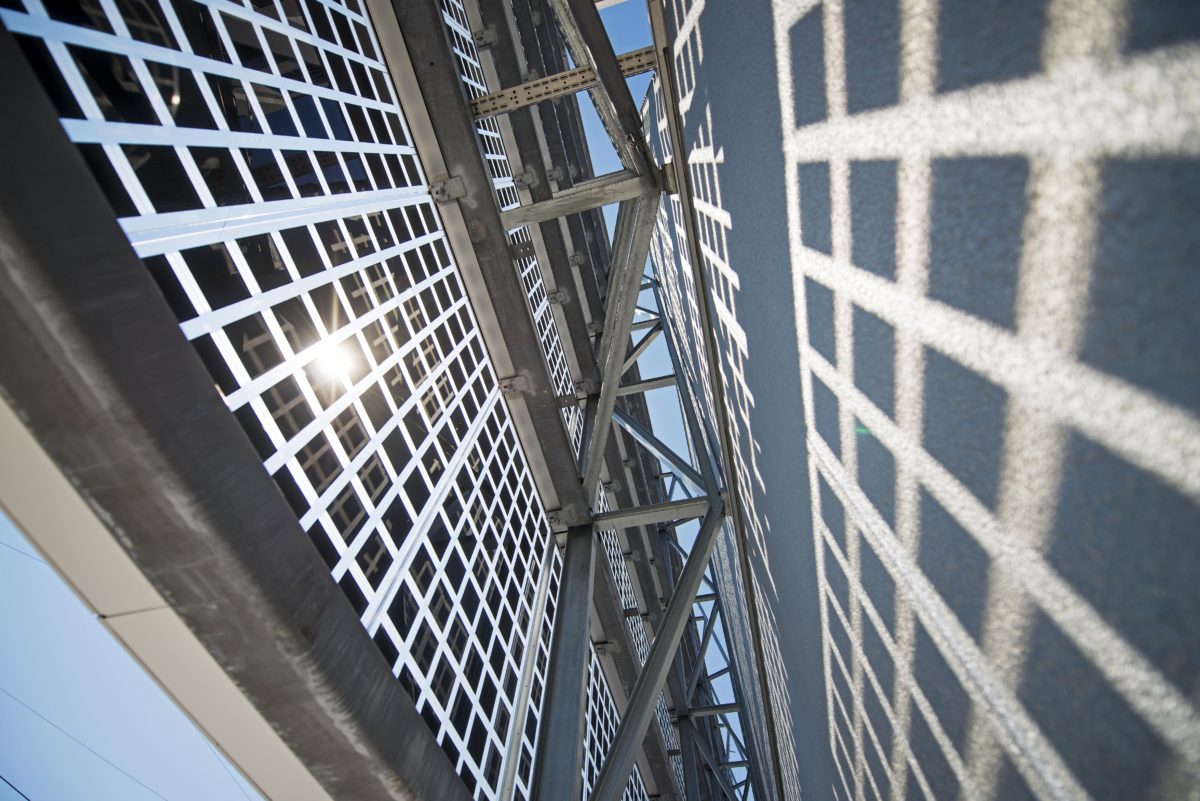A team from two renowned Swiss research institutes has created an innovative process which could simplify the production of rear contact silicon solar cells.
The process automatically aligns positive and negative contacts, first depositing a ‘negative’ contact through a plasma process, followed by a positive layer deposited over the full surface of the cell. The contact remains negative, even when covered with the positive contact.
EPFL states that the process has already achieved efficiencies of 23.2% in the laboratory, and that the potential exists to reach close to 26%.
The research was partly funded by Swiss PV equipment manufacturer Meyer Burger. They will work with EPFL and CSEM on developing industrial applications for the process, as part of ongoing developments in industrializing heterojunction technology. Further funding for the research came from the Commission for Technology and Innovation and the Swiss Federal Office of Energy.
Thanks to the potential for higher efficiencies and reduction of shading, back contact solar cells are a popular area of research in PV. Dutch equipment manufacturer Tempress announced earlier in April that it had completed a pilot line process for IBC cell production with efficiency above 21%, alongside partners ECN and Yingli.
This content is protected by copyright and may not be reused. If you want to cooperate with us and would like to reuse some of our content, please contact: editors@pv-magazine.com.




By submitting this form you agree to pv magazine using your data for the purposes of publishing your comment.
Your personal data will only be disclosed or otherwise transmitted to third parties for the purposes of spam filtering or if this is necessary for technical maintenance of the website. Any other transfer to third parties will not take place unless this is justified on the basis of applicable data protection regulations or if pv magazine is legally obliged to do so.
You may revoke this consent at any time with effect for the future, in which case your personal data will be deleted immediately. Otherwise, your data will be deleted if pv magazine has processed your request or the purpose of data storage is fulfilled.
Further information on data privacy can be found in our Data Protection Policy.